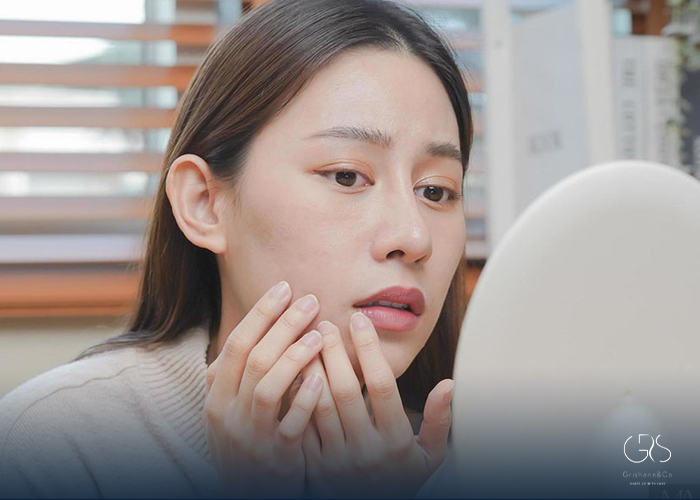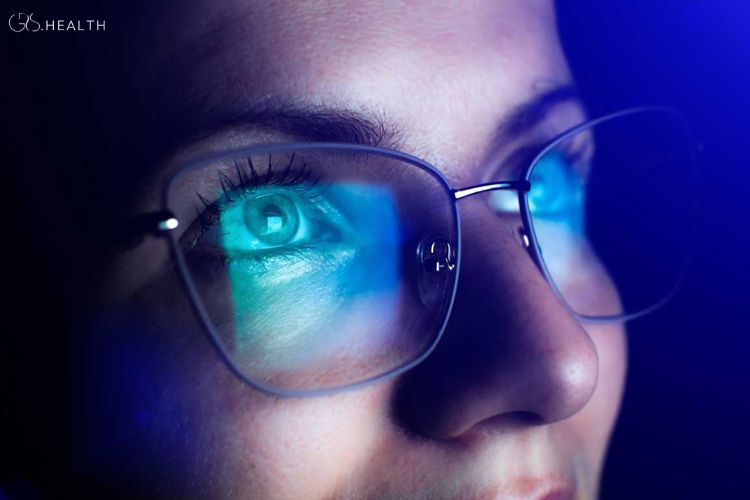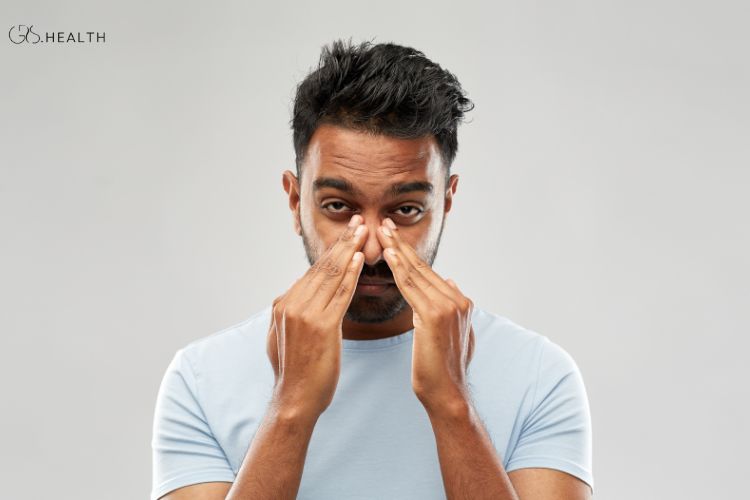In our everyday lives, stress has become an undeniable aspect that tends to bring about detrimental effects on our overall well-being. One such impact is stress acne, a common condition that affects numerous individuals, particularly when under high stress levels. It is imperative to grasp the concept of stress acne management and adopt effective strategies to maintain healthy skin and foster a sense of overall well-being.
Understanding Stress Acne
Stress acne, also known as stress-induced acne or stress breakouts, refers to the development of acne or worsening of existing acne due to stress. Acne occurs when the hair follicles become clogged with oil and dead skin cells. This can lead to the formation of pimples, blackheads, and whiteheads. While it’s believed that stress itself doesn’t directly cause acne, it can exacerbate existing acne or trigger new breakouts.
Stress influences acne by increasing the production of certain hormones, such as cortisol, which can stimulate the production of oil and inflammation in the skin. Stress also compromises the skin’s natural barrier function, making it more susceptible to bacterial growth and inflammation. Furthermore, stress may lead to unhealthy coping mechanisms, such as poor diet choices, lack of sleep, and neglecting skincare routines, which can all contribute to the development of stress acne.
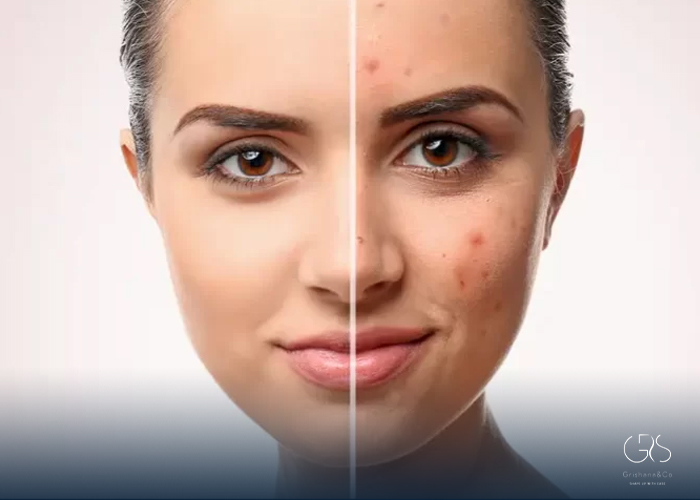
How to Get Rid of Stress Acne
Practice Stress Management: Managing stress effectively is crucial for preventing and reducing stress acne. Engaging in relaxation techniques like deep breathing exercises, meditation, and yoga can help reduce stress levels, thereby minimizing the impact on the skin.
(Please refer to our article on the benefits of breathing exercises for more information)
Maintain a Healthy Lifestyle: Making healthy lifestyle choices is important for overall well-being, including the health of your skin. This includes eating a balanced diet rich in fruits and vegetables, getting regular exercise, and getting enough sleep.

Establish a Skincare Routine: Implementing a consistent skincare routine is crucial for maintaining healthy skin, especially during periods of stress. Use gentle cleansers to remove dirt and excess oil from the skin, and consider incorporating products containing salicylic acid or benzoyl peroxide, which can help combat acne. However, avoid excessively harsh or drying products, as they can irritate the skin and worsen acne.
Avoid Touching or Picking at Your Skin: Resist the temptation to touch, pick, or squeeze your acne. These actions can introduce bacteria and lead to further inflammation and scarring. Instead, regularly wash your face and apply prescribed or over-the-counter acne treatments to affected areas.
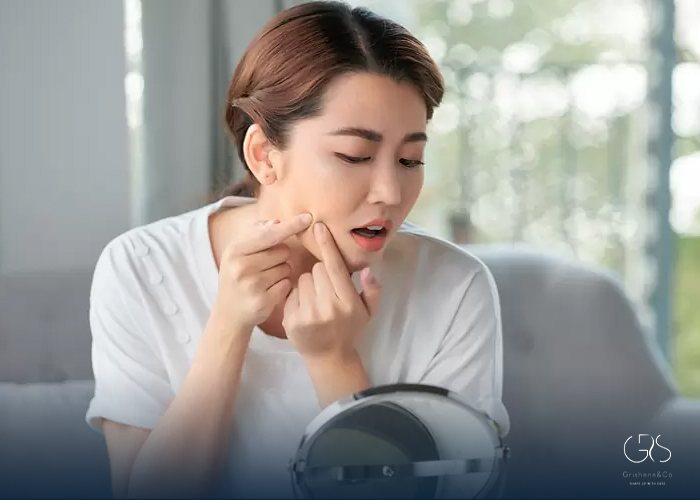
Seek Professional Help: If stress acne persists despite your efforts to manage it, it may be beneficial to consult a dermatologist. They can provide personalized advice and recommend prescription treatments if necessary.
Consider Diverse Perspectives
While stress acne can affect individuals from diverse backgrounds, it’s important to acknowledge that different individuals may experience and cope with stress in various ways. Factors such as cultural norms, socioeconomic status, and personal beliefs can shape how stress affects one’s life and skin. Recognizing these differences and promoting inclusivity in discussions around stress acne can lead to a more comprehensive understanding and improved solutions for all individuals.
Conclusion
Stress acne can be a challenging condition to manage, but by practicing stress management techniques, maintaining a healthy lifestyle, establishing a consistent skincare routine, and seeking professional help when needed, it is possible to effectively reduce its impact. By considering diverse perspectives, we can develop a more inclusive understanding of stress acne and work towards solutions that cater to the needs of all individuals.
Sources
- American Academy of Dermatology Association, ACNE RESOURCE CENTER
- Mayo Clinic, Acne
- American Psychological Association., Stress won’t go away? Maybe you are suffering from chronic stress


